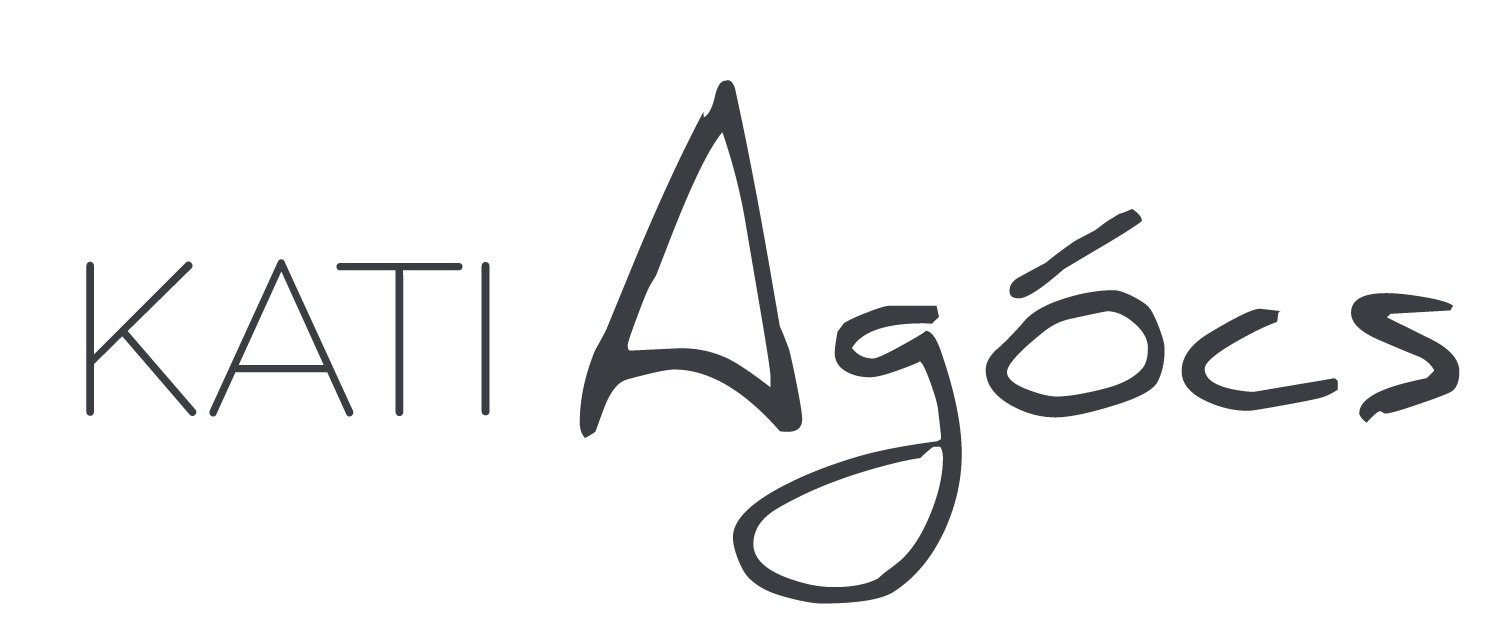"A spiraling work for 12 female voices and chamber orchestra. A glimpse of any given moment exposes waves of Krzysztof Penderecki-like vocal clusters, pulsing chant, flurries of Baroque trumpet and sumptuous Late-Romantic orchestration....It's an overwhelming plate of emotion and color...The music's subject matter is, after all, the Passion of Christ. Agócs filters and rearranges the story through lenses of Hungarian poet Szilárd Borbély, Kabbalistic prayer and ancient Latin, Hungarian and Georgian religious texts. But it's more than a sum of disparate influences. The Debrecen Passion is high-craft, high-drama music that, in certain ways, goes down like an old-school Hollywood score cut to fit the fast, ADD-inspired edits of modern television: think chase-scene drums against big-band orchestral statements, intensely unsettling a cappella drops and religious fervor at its most intense, all within a few bars... or at the same time." - WQXR NEW YORK, Q2 ALBUM OF THE WEEK
"Agócs pays tribute to her Hungarian heritage in the disc’s titular score, The Debrecen Passion. As she melds the 12 female voices of the remarkable Lorelei Ensemble with glowing orchestral sonorities, Agócs also suspends vocal lines on Latin and Jewish texts. The 23‑minute work is an iridescent wonder." GRAMOPHONE MAGAZINE
"A mystical confluence of the sacred and secular illuminated by the superb Lorelei Ensemble and BMOP." - THE BOSTON GLOBE
"Agócs’s adventurous score employs 12 female voices, a chamber orchestra, whose percussion section includes a cimbalom, and vocal texts drawn from diverse sources. Ambitiously constructed, this visceral work is expertly orchestrated, Agócs achieving a myriad array of instrumental colour and texture. The vocal writing, calling for solos, duos, trios and chorus, is expertly crafted. All told, this work delivers a moving, spiritual experience, both powerful and uplifting."– MUSICWEB INTERNATIONAL
“The Debrecen Passion an ambitious new score by the Boston-based composer Kati Agócs. Debrecen was the home city of the gifted writer Szilárd Borbély, who committed suicide last year and whose poems form the spine of Agocs’s “Passion,” surrounded by other texts, of medieval Latin, Hungarian, and Georgian origin, as well as a mystical Hebrew prayer. It is a striking work that places a complex sonic palette at the service of a visceral intensity of expression, one that can be glimpsed from the descriptive markings in the score, where Agócs writes at different points: “In large waves,” “Sheets of sound,” and “Arriving – Radiant.” Her billowing vocal writing is likewise highly expressive in an instrumental sense yet also subtle; at one point the chorus divides to sing three different texts simultaneously. As a result of this broader approach, at Saturday’s initial hearing, the precise meanings of the chosen texts felt less clearly distilled, and in some ways less important to Agócs, than the heterodox richness of the sound world she has fashioned for them. Under Rose’s direction, the excellent Lorelei singers and the unflappable BMOP players gave this work a dazzling first performance." – THE BOSTON GLOBE
“Effective writing for women’s voices–solo, and in trios and choruses…Who can resist the sound of women’s voices climbing high in close harmony? Agócs certainly couldn’t, as time after time she twisted rising vocal lines into radiant cluster chords, a sound capable of expressing either intense lament or exultation… the music was animated by a kind of Song-of-Solomon like merging of spiritual and earthly ecstasy…Agócs’s score remained unpredictable to the end, swinging between thoughtful violin solos to broad statements for the full orchestra to unison chants in the chorus. The composer seemed to pick up her texts and look at them from all angles….” – BOSTON CLASSICAL REVIEW
“Last came the other premiere, The Debrecen Passion by Kati Agócs, a Canadian of half-Hungarian-extraction who now teaches at New England Conservatory and has garnered a good deal of attention. Her work is not a passion in the sense of the oratorio-sized works of Bach and other Baroque composers, or in the revived style of Penderecki’s, but is a setting of seven lyric-sized texts…in these settings Agócs examines passions of several sorts, the fragility of love, the greatness of God, and, oh yes, the death of Jesus. While far from inaccessible, her writing is intricate and layered. Much of the choral treatment draws on earlier Ligeti techniques of “micro-polyphony,” densely packed, close dissonant harmony that, in the vocal writing, sounded ravishingly beautiful. The orchestral writing was fluent and often did its job well of adding emotional depth to the texts and the vocal lines; in two instances there were orchestral interludes of great power and beauty. – THE BOSTON MUSICAL INTELLIGENCER
"About 23 minutes long, The Debrecen Passion blends the voices into instruments, and the instrumentalists into the voices. Lorelei Ensemble sings sections of starkly beautiful solo sections, duos and trios, but also vocalizes wordless melismas and dissonant pitches that challenge the mood. The orchestra performs many solos — flute, trumpet, snare drums and violin among them — but also chants some of the text alongside the singers......In the simplest way, everyone is a musician, serving the cause. Integrity in this case means that the accessibility of the lyrics is secondary to the sound-world. The feeling is religious, deeply spiritual; but it’s the sound that tells you this, not the words." - WBUR'S THE ARTURY
"Agócs typically assimilates several different cultural influences and multiple languages into her powerful and attention-getting style. A perfect example is the amazing Debrecen Passion. Thematically centered on the work of contemporary Hungarian poet Szilárd Borbély and influenced by the particular qualities of the Hungarian language and culture, The Debrecen Passion takes Christian and humanist texts and utilizes them in a unique read of the Passion story but without the usual voices in roles. In many ways I found this approach both refreshingly different and quite moving. This is a strong, dramatic and, occasionally unsettling work." -AUDIOPHILE AUDITION
Read More